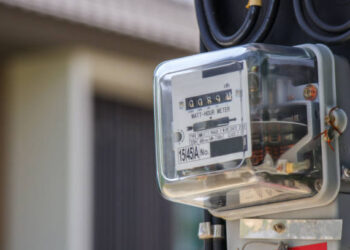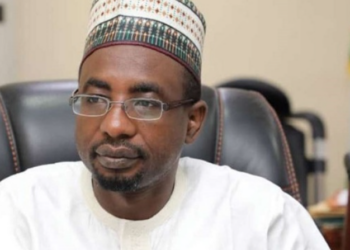Nigeria Sovereign Investment Authority (NSIA), has declared N57.73 billion as total income earned in 2018. According to the official report on its website, the total income generated by the corporation in the year 2018 grew by 88.5%.
Specifically, the NSIA report shows that in the year 2017, total income was N30.62 billion, while 2018 income increased to N57.73 billion. Also, the sum of N23.82 billion was recorded as interest income, as against N21.77 billion in 2017. This indicates that interest income earned increased by 9% year-on-year.
Following increase in interest generated, the corporation stressed that such rise in interest returns underscores its commitment to generate fixed income returns from low-risk securities that generate predictable interest, and steady returns including Eurobonds, Treasury bills and other secured deposits.
Robust growth despite challenges: NSIA stated that despite several growths-inhibiting challenges, robust growth was recorded with a favourable trajectory across the three funds (i.e The Stabilisation Fund, Future Generations Fund and Nigeria Infrastructure Fund).
NSIA disclosed that the corporation was faced with concerns over international trade flows, slow growth in key economic indicators, and increased volatility across financial markets during the period under review. According to NSIA:
“Equity market experienced a dramatic decline in the last quarter of 2018 as Investors were burdened with rising US central bank interest rates, lower than expected growth in Asian market particularly China and other political issues including Brexit, Eurozone and the China-US trade conflict, characteristically fueled Investor apathy for most of the year.”
Total Assets hit N617.70bn: NSIA further highlighted that total assets recorded a growth of 16% to N617.70 billion at year-end compared to N533.88 billion in the corresponding period.
Similarly, the total comprehensive income (including the impact of foreign exchange gains) of N44.34 billion as against N27.93 billion in 2017. However, the total comprehensive income (excluding the impact of foreign exchange gains) of N26.29 billion up from N26.28 billion in 2017.
[Real Also: IMF ranks Nigeria’s sovereign wealth fund second-worst in the world]
Breakdown of management of NSIA assets:
- NSIA core capital- US$1.5 billion
- PIDF – US$650 million
- Debt Management Office – US$122.60 million
- Nigeria Stabilisation Fund amounted to ₦13.64 billion
- Gross sum of US$417.46 million (US$350 million principal plus returns) repaid to the Nigeria Bulk Electricity Trading Company Plc (“NBET”) following the expiration of the 4-year investment term.
Positive Outlook for 2019: Despite high volatility that the global market witnessed in 2018, NSIA expressed optimism to a relatively stable business terrain. Also, the corporation stressed that there are no apparent expectations of recession risks in 2019. However, the Authority continues to monitor the market conditions with the view to leverage the upside risks that avail themselves in the market.
“We expect that our strategy will continue to deliver positive returns.”
Also, NSIA reiterated that the deployment of the Presidential Infrastructure Development Fund will play a key role in its infrastructure investment strategy for the year. While healthcare remains a focus area going forward with the implementation of the next
the phase of diagnostic and treatment centres, the corporation identified Gas industrialisation as an area of focus.
About NSIA: The Nigeria Sovereign Investment Authority, a corporate body established by the Nigeria Sovereign Investment Authority (Establishment, etc.) Act 2011, is mandated to manage funds in excess of budgeted hydrocarbon revenues. NSIA operates three mandate funds: the Stabilisation Fund, the Future Generations Fund and the Nigeria Infrastructure Fund.




















